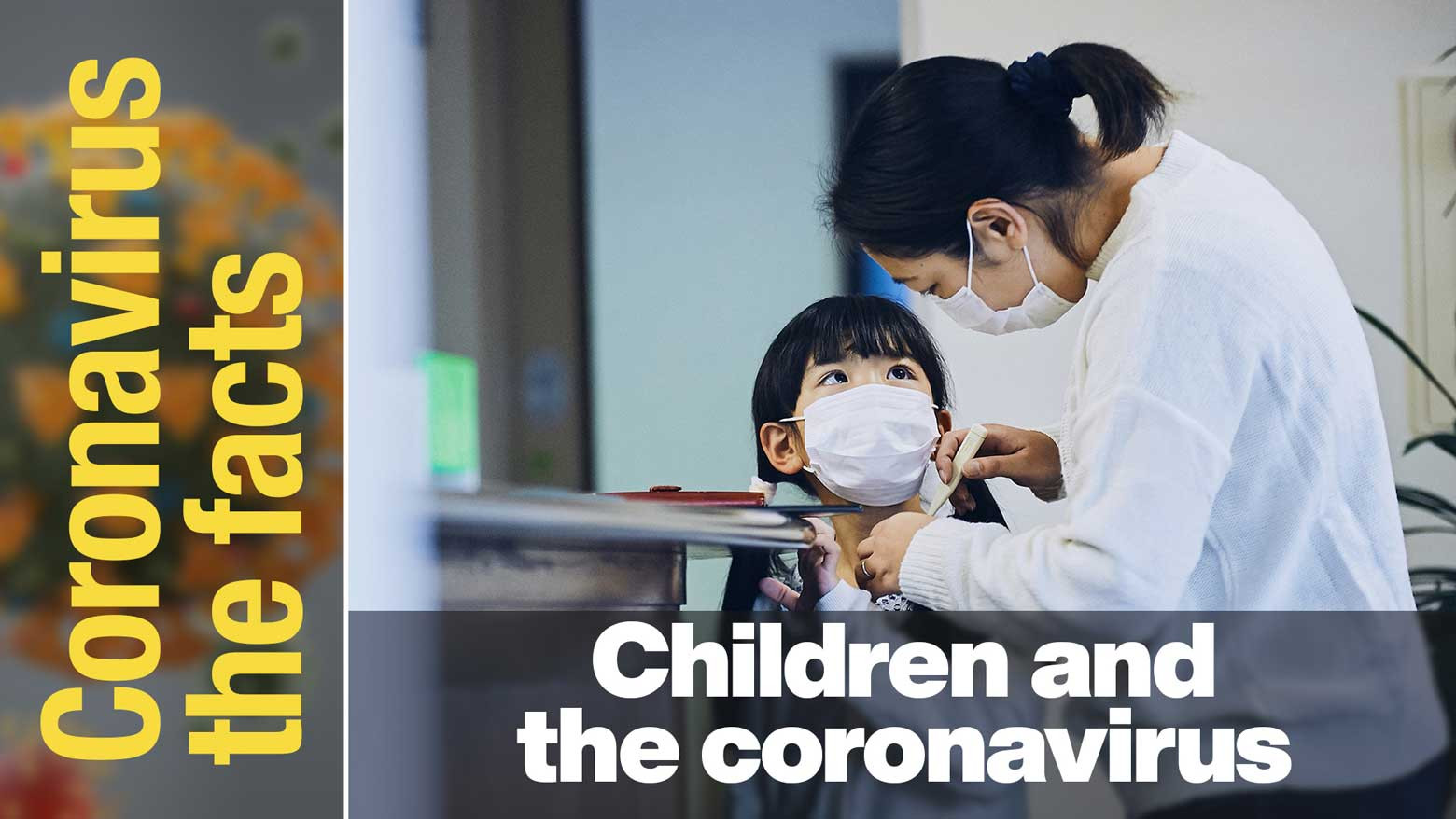This is part 71 of our coronavirus FAQ. Click here to read other installments: #Coronavirus the facts. Find the latest information and answers from experts on everything COVID-19.
Children are as susceptible as adults
Experts at the Japan Pediatric Society and the National Center for Child Health and Development say children are as susceptible to infection as adults. But the actual number of cases has been lower.
Symptoms children develop
A majority of the children who have been infected in Japan have caught the virus at home. Most develop fevers and dry coughs. Comparatively few develop symptoms related to the upper respiratory tract, such as a runny nose or nasal congestion.
Some children have reportedly suffered from prolonged fevers resulting in pneumonia. Some also experience vomiting, stomach aches, diarrhea, and other symptoms related to the digestive system.
Children may be unable to explain their symptoms
Only a small number of children have suffered from a loss of smell or taste, which adults often experience. But there are reports that patients in their teens experience such symptoms.
The experts point out that some infected children may remain asymptomatic, but others may simply be unable to explain their symptoms, so parents should observe their children closely.
Even the very young can get seriously ill
The experts say there have been fewer cases of severe illness among children than adults, but children can nevertheless develop respiratory problems. Those under the age of two tend to develop severe symptoms, so parents should watch them carefully.
In Europe and the United States, there have been reports of children around 10 years old suffering heart problems after a few days of fever, followed by abdominal pains, diarrhea and rashes. But few such cases have been reported in Japan so far.
This information is accurate as of December 11, 2020.
